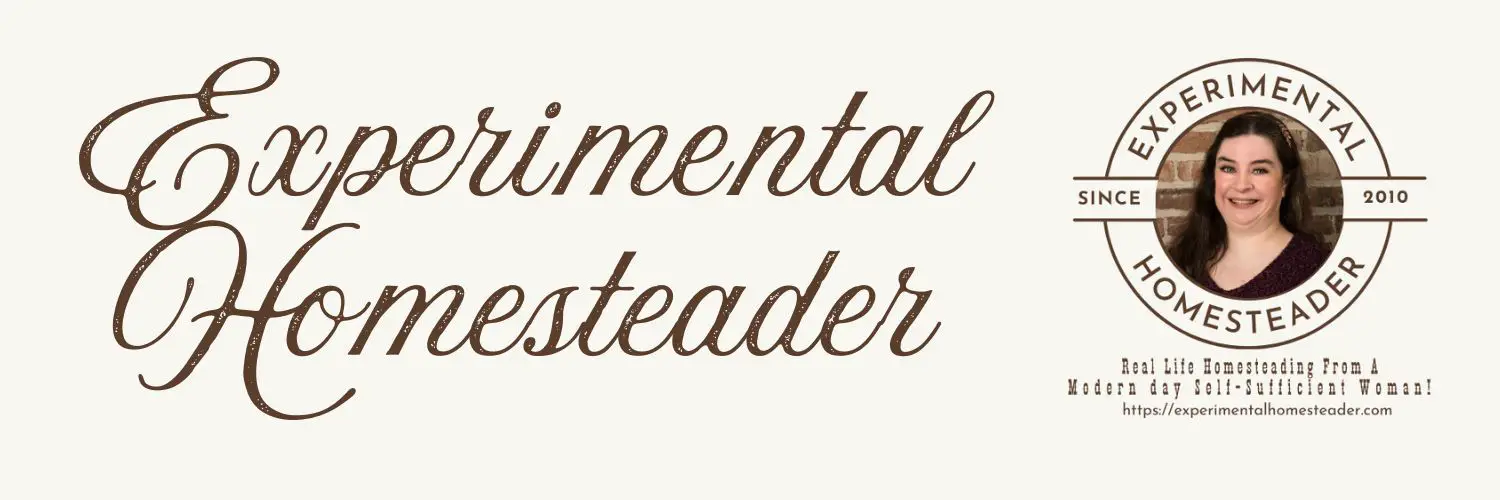The yarn I am spinning in this video is 50% mohair from Leonardo, the angora buck and 50% wool from Johnny, the Leicester Longwool ram.
Leonardo is an angora goat and Johnny is a Leicester Longwool sheep. Both animals reside here at Exotic Gardening Farms & Wildlife Habitat.
The yarn making process requires shearing the animal, washing the fiber and removing all the vegetable matter. Vegetable matter may include hay, animal feces around their rear ends, mud and other natural materials that have embedded themselves in the animals fur.
Once the fiber is clean, it must be carded. Carding fiber involves using either a drum carder or a set of hand carders. The fiber is brushed several times until all the hairs are going in the same direction.
I use hand carders right now, so once the fiber is brushed or carded as it is called, I roll the fiber into a rolag which looks somewhat like an empty toilet paper roll minus the hollow center.
The rolag is then drafted, or gently pulled into thin pieces of fiber. The length of the fiber and the elasticity of the fiber will determine how thin the un-spun yarn can be pulled.
This un-spun yarn that has now been drafted can be spun into yarn. The thinner the draft, the thinner the yarn. The thicker the draft, the thicker the spun yarn will be. Do not worry about spinning the yarn so it is perfectly even. There are no imperfections in hand-spun yarn.
Every thick and thin spot, every area that is not as perfect as store bought yarn will prove to you and others that what you are spinning is a perfect artisan yarn that machines are un-able to duplicate!




